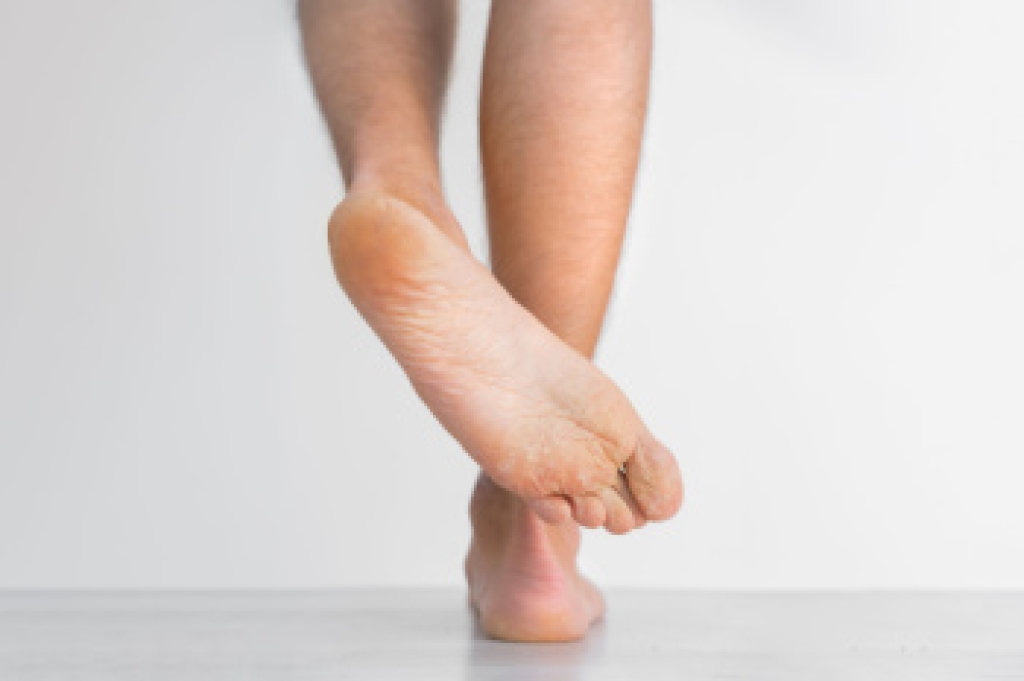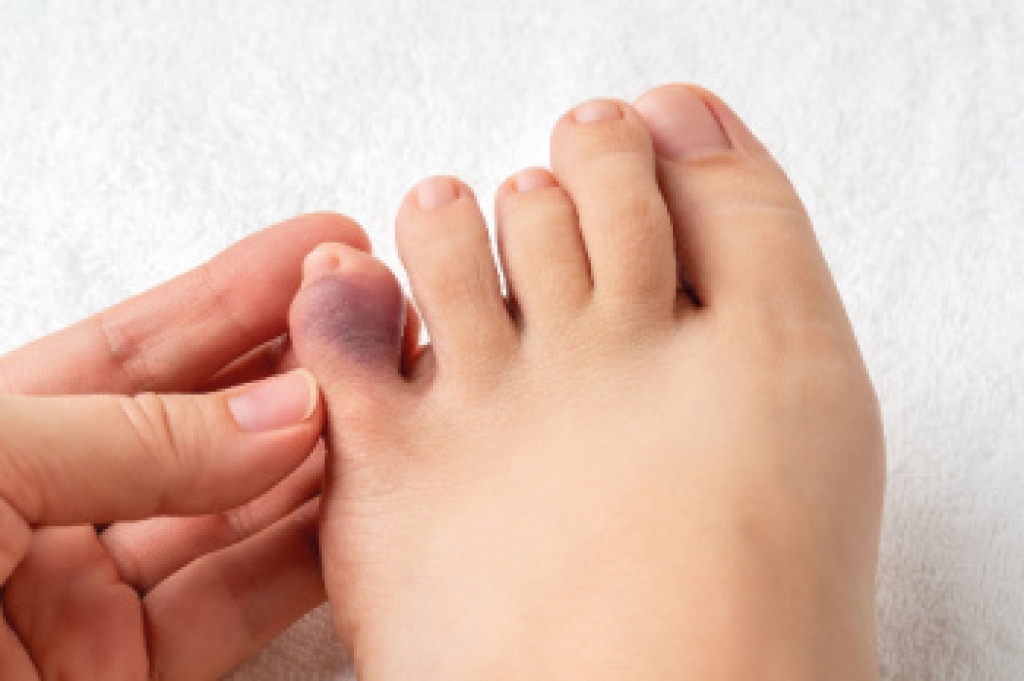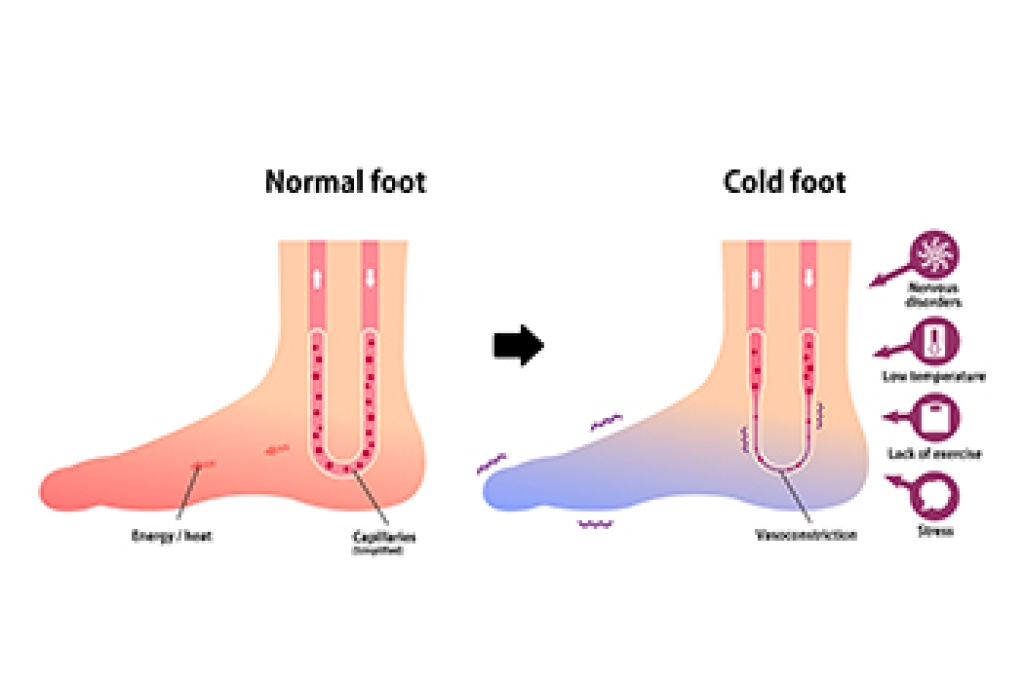
Athlete’s foot is a common fungal infection seen by podiatrists, often affecting teens and adults who sweat in shoes. Symptoms include itching, peeling skin, cracking between toes, and blisters that form on the sole or instep. The skin may look white, scaly, or raw, and blisters can appear clear or cloudy. It may feel itchy, sore, or painful when walking. Causes include warm, moist environments, shared showers, tight footwear, and contact with contaminated surfaces. A podiatrist can help from the start by examining the skin, confirming a diagnosis, and ruling out similar conditions. Treatment may include topical or oral antifungal medications, blister care, drying strategies, and prevention education. Prompt professional guidance supports healing, reduces recurrence risk, and protects family members and teammates nearby. Early care helps prevent spread, so it is suggested that you make an appointment with a podiatrist if you are dealing with skin issues on your feet.
Athlete’s foot is an inconvenient condition that can be easily reduced with the proper treatment. If you have any concerns about your feet and ankles, contact Carrie Frame, DPM from West Virginia Foot & Ankle. Our doctor will treat your foot and ankle needs.
Athlete’s Foot: The Sole Story
Athlete's foot, also known as tinea pedis, can be an extremely contagious foot infection. It is commonly contracted in public changing areas and bathrooms, dormitory style living quarters, around locker rooms and public swimming pools, or anywhere your feet often come into contact with other people.
Solutions to Combat Athlete’s Foot
- Hydrate your feet by using lotion
- Exfoliate
- Buff off nails
- Use of anti-fungal products
- Examine your feet and visit your doctor if any suspicious blisters or cuts develop
Athlete’s foot can cause many irritating symptoms such as dry and flaking skin, itching, and redness. Some more severe symptoms can include bleeding and cracked skin, intense itching and burning, and even pain when walking. In the worst cases, Athlete’s foot can cause blistering as well. Speak to your podiatrist for a better understanding of the different causes of Athlete’s foot, as well as help in determining which treatment options are best for you.
If you have any questions please feel free to contact our office located in Charleston, WV . We offer the newest diagnostic and treatment technologies for all your foot and ankle needs.




